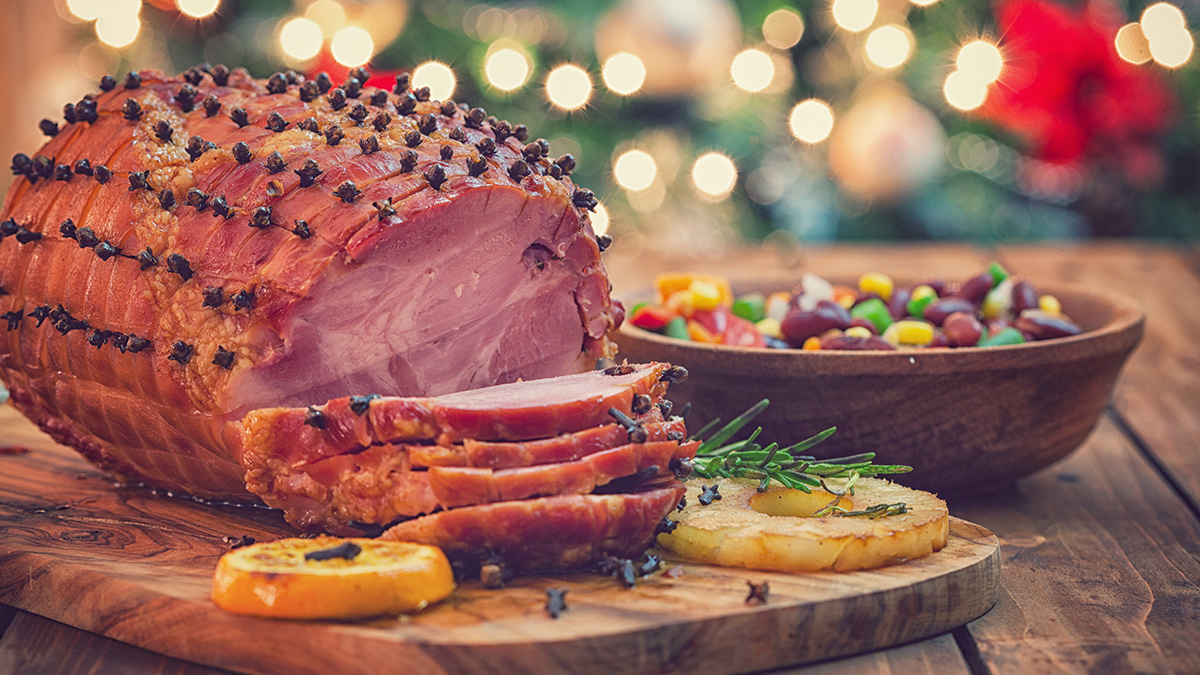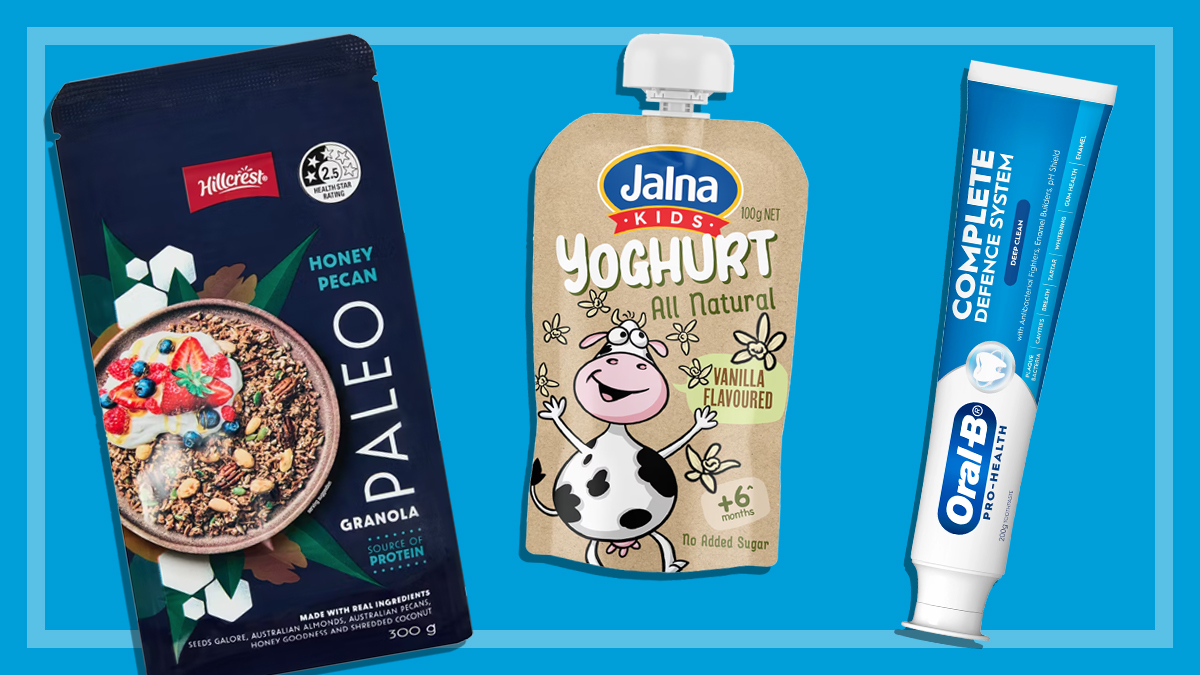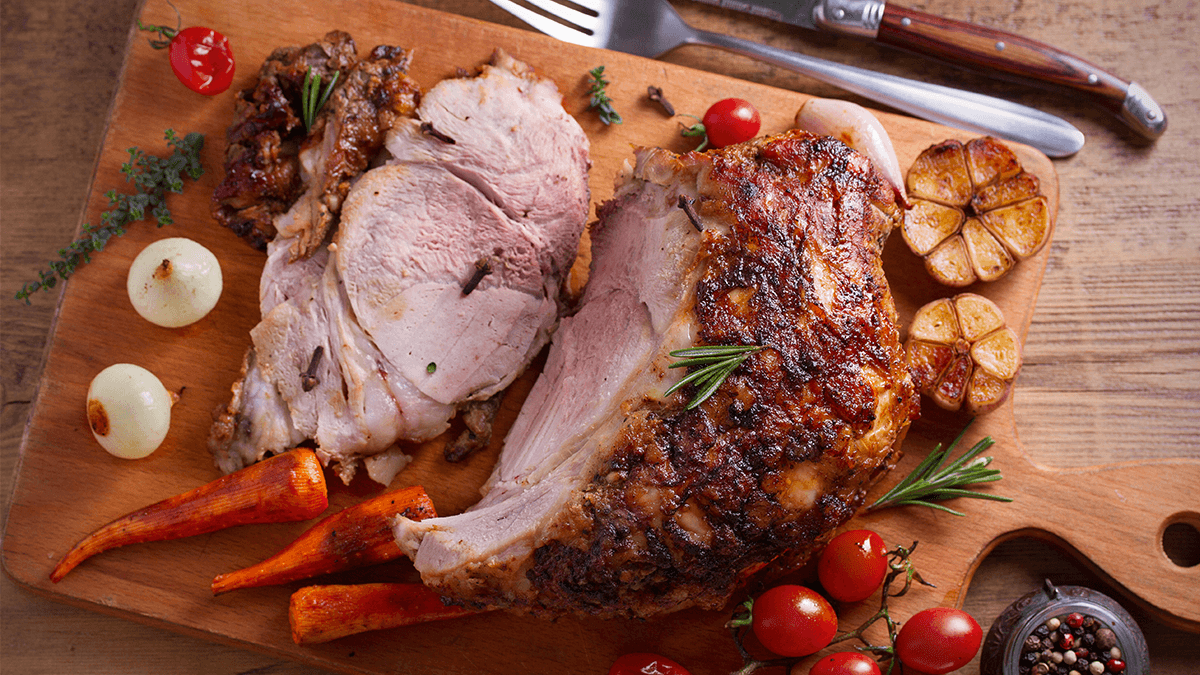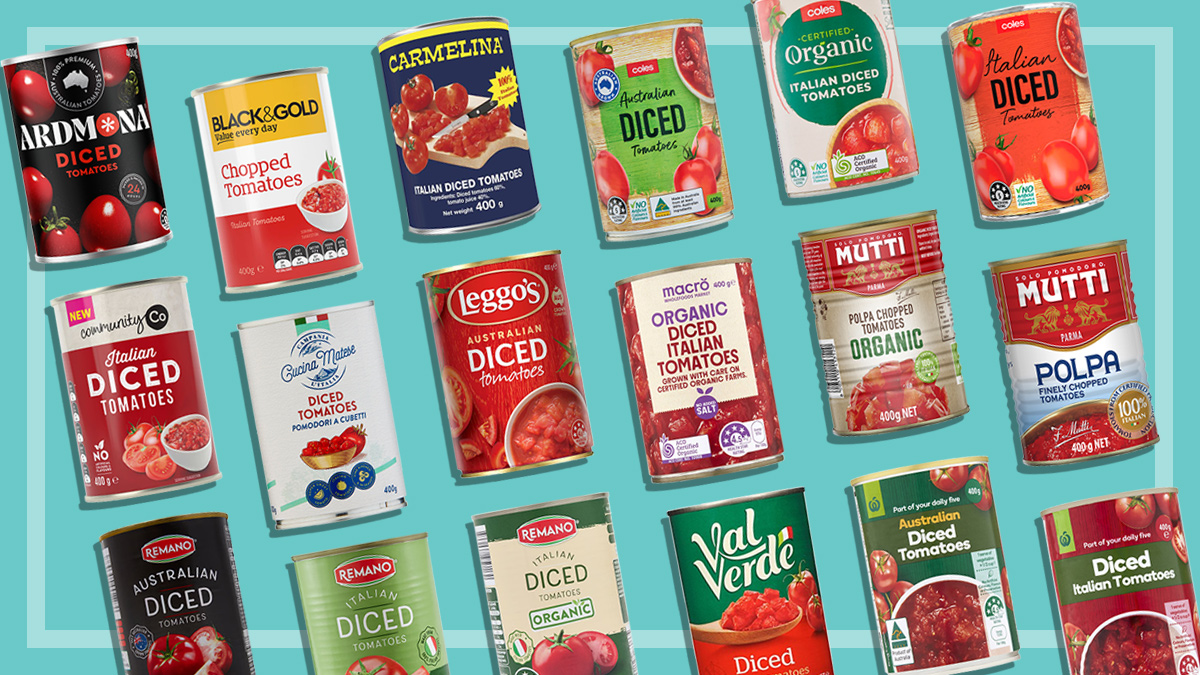Get our independent lab tests, expert reviews and honest advice.
Are nitrates and nitrites bad for you?
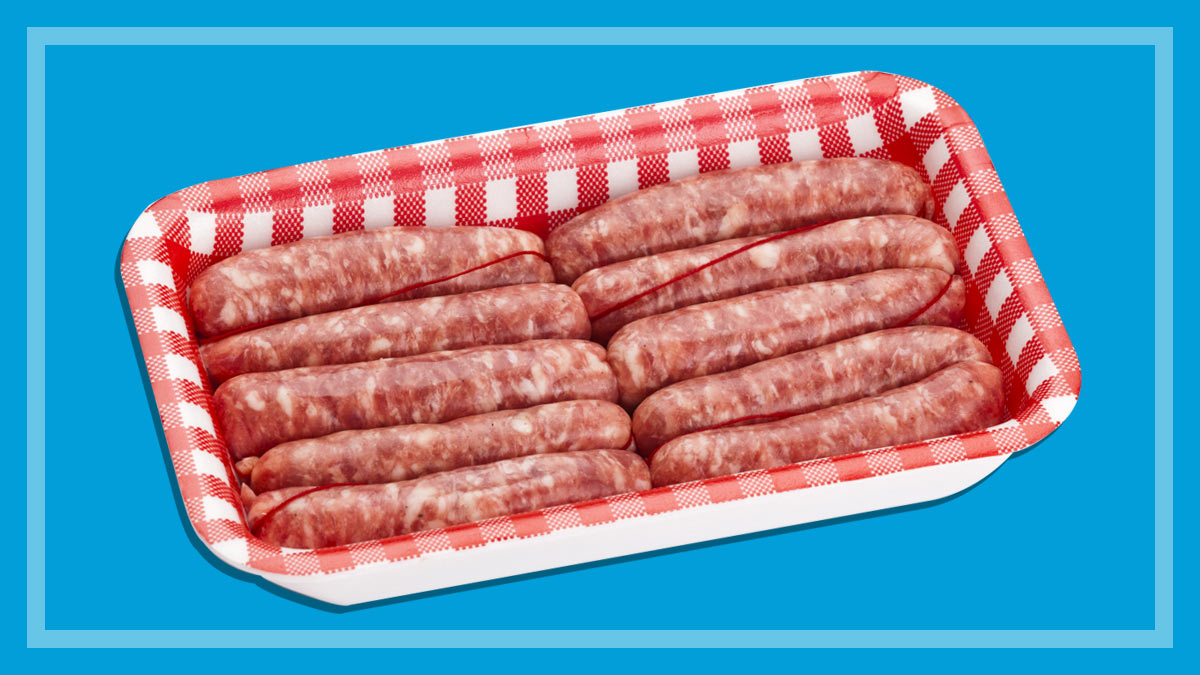
Need to know
- Nitrates and nitrites in processed meats can be converted into nitrosamines in the stomach, which increase the risk of cancer
- But nitrites and nitrates are also naturally occurring in fruit and vegetables, which are beneficial to our overall health
- Experts say the amount of nitrates and nitrites we consume doesn't present a health and safety risk, but that we should eat processed meat only as an occasional treat
Nitrates and nitrites occur naturally in fruit and vegetables, which are beneficial to our overall health.
But the use of nitrates and nitrites in processed meat is hotly debated.
On the one hand, they’re used to preserve meats, which doesn’t just add flavour but also makes them safer to eat and extends their shelf life.
On the other hand, research has raised concerns over their safety, and whether they may increase our risk of developing cancer.
But what exactly are nitrates and nitrites? And are they something you should worry about eating?
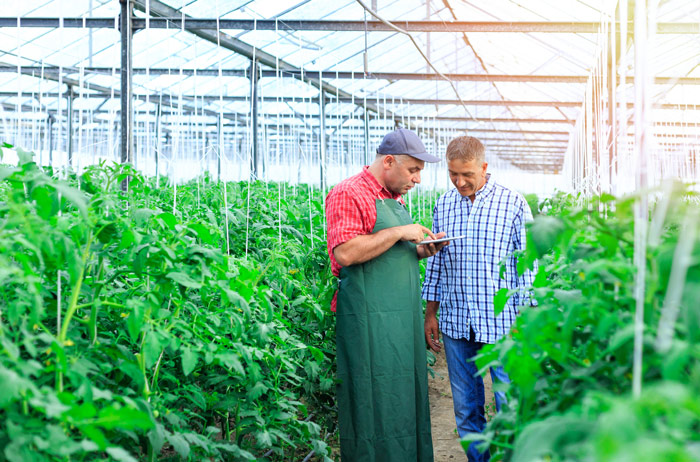
What are nitrates and nitrites?
Nitrates and nitrites are naturally occurring chemicals that are a combination of nitrogen and oxygen. Both chemicals are found in soil, which means foods grown in soil, such as vegetables and fruit, often contain high levels of them.
The overwhelming majority of nitrates and nitrites we consume come from vegetables (42% to 78%) and fruit, including juices (11% to 30%).
But they’re also used as additives in the form of sodium or potassium salts (such as potassium nitrite 249, sodium nitrite 250, sodium nitrate 251 and potassium nitrate 252) to prevent the botulism-causing bacteria Clostridium botulinum from forming in processed meats, thereby keeping food safe to eat.
Nitrates and nitrites started being added to processed foods in the 1960s as a simple way to preserve food
“They act as a preservative and they can also add colour and flavour to processed meats,” says Clare Hughes, chair of the nutrition and physical activity committee at Cancer Council Australia.
“They’re added during the process of turning the primary meat component into the processed component.”
Manufacturers started adding nitrates and nitrites to processed foods in the 1960s, says Fletcher, as a simple way to preserve food. Before then, traditional methods included using salt, smoke, sugar or pickling.
Food Standards Australia New Zealand (FSANZ) says processed meats account for less than 10% of our total dietary exposure to nitrites.
Are nitrates and nitrites in food bad for you?
According to FSANZ, the amount of nitrates and nitrites Australians ingest “is not considered to represent an appreciable health and safety risk”.
FSANZ says: “Any health risks that may be associated with ingestion of nitrate and nitrite in the diet, are outweighed by the strong evidence of health benefits of consumption of fresh fruit and vegetables as part of a balanced diet.”
Nitrites and nitrates are safe at the level they occur in food
Nick Fletcher, principal toxicologist at FSANZ
Nick Fletcher, principal toxicologist at FSANZ, says, “People need to be reassured that nitrites and nitrates are safe at the level they occur in food, and that’s true for both food like fruits and vegetables that naturally contain them, and also through their use as a food additive [such as in processed meats].”
Do nitrates and nitrites cause cancer?
In 2015, the International Agency for Research on Cancer (IARC) concluded there’s “sufficient evidence” that eating processed meat causes colorectal cancer in humans.
According to the IARC, this is partly because the nitrates and nitrites in processed meats can be converted into nitrosamines through some forms of cooking and during digestion, and nitrosamines increase the risk of cancer.
But why aren’t the nitrates and nitrites we eat in fruit and veg considered a risk, while those in meats are? The answer lies in the way they behave when they’re used in processed meats.
Nitrates and nitrates can become carcinogenic when combined with protein and heat
Nitrates and nitrates can become carcinogenic when combined with protein and heat, says Hughes.
“The nitrite preservatives can react with the protein in the meat or through the heating of the meat, and when processed meats are broken down in the gut a reaction can occur and form something called a nitroso compound,” she says.
“This is the cancer-causing compound and given that processed meats of course contain protein and that some may be heated as part of the processing, such as bacon, this is where the risk lies.”
According to the IARC, the more processed meat you eat, the higher the risk – it found that every 50g portion of processed meat eaten daily increases the risk of colorectal cancer by 18% over the course of a lifetime.
“On average, people’s risk of developing bowel cancer by the age of 85 is about 8.2 per cent, so it’s increasing that level of relative risk,” says Hughes.
When considering the impact on your risk of developing cancer from eating processed meat, it’s important you consider the full picture.
As long as you don’t eat processed meats too often – or eat too much – you can still enjoy them
The IARC says its findings are of “public health importance”. Nevertheless, IARC spokesperson Kurt Straif says that, for individuals, “the risk of developing colorectal cancer because of their consumption of processed meat remains small”.
Hughes echoes that sentiment and urges people to not be too alarmed. She says that as long as you don’t eat processed meats too often – or eat too much – you can still enjoy them.
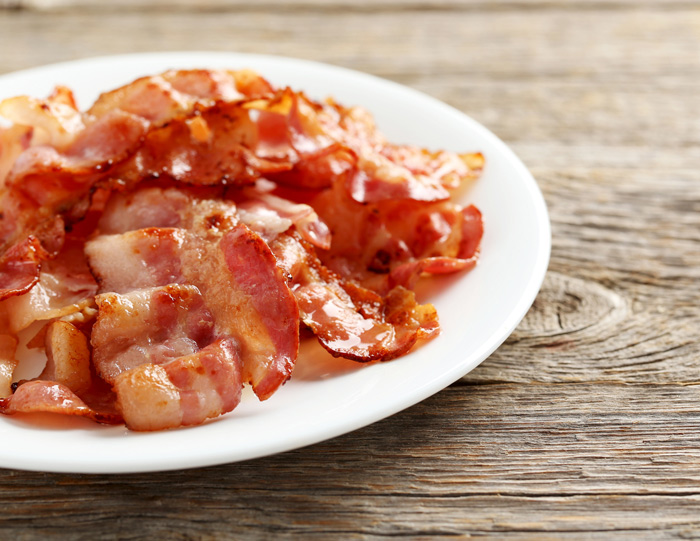
So, should I give up bacon?
Not necessarily. The IARC’s research may be food for thought, but it doesn’t mean you have to stop eating processed meat altogether.
Instead, Hughes says, people should treat it the same way they would chocolate and cake – as a treat.
“We wouldn’t say never have any for the rest of your life, but certainly, processed meat shouldn’t be forming part of anyone’s regular, daily diet,” she says, adding that a small amount once or twice a week is probably OK.
Which foods are high in nitrates and nitrites?
According to a FSANZ survey, foods high in nitrates (more than 100mg/kg) include raw and freshly cooked spinach, canned beetroot, fresh parsley, raw celery and raw lettuce at concentrations of between 1144 to 2963mg/kg.
Banana, broccoli, cabbage, cucumber, potato crisps, pumpkin, salami and strawberries also contain nitrates, but at lower concentrations of between 100 to 450mg/kg.
Foods high in nitrites (more than 10mg/kg) include bacon, frankfurt sausages, ham, luncheon sausage and strassburg (or Strasbourg) meat, spinach, pumpkin, beans, broccoli, cabbage, cucumber, grapes, parsley, peaches, pineapple and strawberries.

The survey found that white wine contains more than 10mg/kg of nitrites. Both nitrates and nitrites also occur in drinking water, although levels are typically below the World Health Organization’s (WHO) guideline levels of 50mg/L for nitrate (as NO3) and 3mg/L for nitrite (as NO2).
That said, nitrate concentrations of 200-300mg/L have been recorded in groundwater for drinking in some rural areas, which may raise methaemoglobin in young infants, resulting in lower oxygen transport in the blood.
What’s the recommended daily intake of nitrates and nitrites?
The European Food Safety Authority suggests we consume no more than 3.7mg per kg of body weight a day of nitrate (this equates to 260mg per 70kg adult) and 0.06–0.07mg per kg for nitrite.
But Fletcher says there isn’t a ‘daily recommendation’ as such because nitrates and nitrites aren’t typically considered to be nutrients.
“We recommend people have a balanced nutritious diet that contains plenty of vegetables, legumes and fruits, and follow the Australian dietary guidelines,” he adds.
Fletcher says the latest research is shedding new light on the potential benefits of nitrates in fruit and vegetables. Some research suggests it can even help keep our hearts healthy.
“It’s also important to note that eating plenty of fruit and vegetables protects against a host of diseases, one among them being cancer.”
But the same doesn’t necessarily go for processed meats.
The Australian Guide to Healthy Eating considers processed meats to be a ‘discretionary’ food, classing it along with things like cakes, pies and biscuits
WHO recommends that we moderate our consumption of processed meat and the Australian Guide to Healthy Eating considers processed meats to be a ‘discretionary’ food, classing it along with things like cakes, pies and biscuits – “all those sorts of treat and processed foods that we shouldn’t be having on a regular basis,” according to Hughes.
“People should really consider how frequently they eat processed meat,” she adds. “Foods like ham and salami, pizza, deli sandwiches and bacon on the weekend… it’s probably more than they realise. Cut back where you can.”

